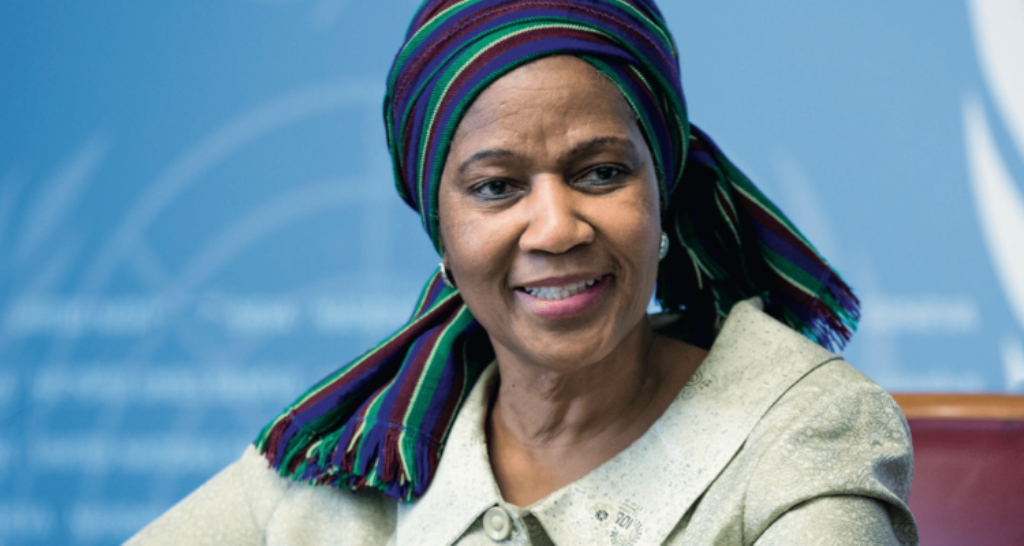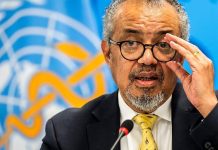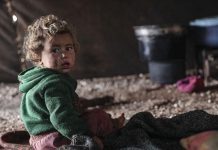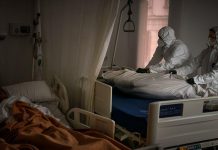AfricaPress-Tanzania: THE UN Women Executive Director, Dr Phumzile Mlambo-Ngcuka, has called on African ministers of gender and women’s affairs to advocate for gendered national response strategies that will save lives and effectively address the multi-layered impacts of Covid-19 on women and girls.
Speaking during the recent ministerial meeting organised by UN Women in partnership with the African Union and the United Nations Economic Commission for Africa (UNECA), Dr Mlambo-Ngcuka emphasized gender-responsive measures that can holistically tackle the health and socio-economic impacts of Covid-19 to “Build Back a Better Africa”.
More than 200 participants, including the ministers from more than 20 African countries attended the meeting to give briefings on how their countries are addressing the impacts of Covid-19 on women and girls.
Representatives were drawn from more than 40 African countries, including Tanzania, from across various sectors, including the government, the civil society and the private sector.
Ministers from countries such as Nigeria, Egypt, Rwanda, Liberia, Sierra Leone, Cameroon, Somalia and Mauritius highlighted how they are ensuring that national response strategies are gendered to prevent widening of the already existing gender inequalities in Africa.
Key highlights shared included how countries are supporting women to prevent getting infected by providing masks and sanitisers and the mobility containment measures put in place to reduce the spread of the coronavirus.
However, the mobility restrictions have a knock-on effect on economic activities in all African countries, a situation that has seen many women losing their livelihoods, particularly those in the informal sector.
In Nigeria, the livelihoods of 80 percent of women are dependent on its once thriving informal sector while in Tanzania livelihoods of more than 70 percent of women who were working as informal cross border traders were in one way or another affected.
In Somalia, the Ministry of Women’s Affairs led a survey, which reflected how the pandemic has devastated women in the informal sector.
The Government and development partners are now providing monthly food and cash relief to vulnerable families.
The ministers also indicated efforts to address rising cases of gender-based violence (GBV) and to ensure girls remain in school.
In Sierra Leone, cases of sexual assault have increased and the government has moved in and established a call centre and a hotline specifically for the reporting of GBV cases. In addition, One Stop-Centers are now providing essential services to survivors of violence.
The meeting also provided insights that not only showed that women are the backbone of many economies in Africa but are also at the front and center of fighting Covid-19 in various capacities and in different sectors.
In the health sector alone, 65 percent of all nurses are women.
The majority of midwives, community health workers and health facility service-staff are also women. Their close interaction with the sick expose them to the coronavirus.
Mauritius is one of the countries where women are at the helm of the fight and has not reported new Covid-19 cases in the first two weeks of May.
This was attributed to government’s quick decision making, rapid response, a reliable public health system and a gender-responsive national plan. The government has also set up a National Recovery Fund to build resilience and support recovery of those affected.
Also present in the meeting was the Special Envoy on Women, Peace and Security in the African Union, Ms Bineta Diop who reminded participants of the need for national response plans that pay attention to the double gender discrimination effects currently experienced by many women and girls in Africa.
In her closing remarks, Dr Mlambo-Ngcuka emphasized the need to share lessons and solutions that can enhance efforts to save lives and safeguard the gains made in promoting gender equality, women’s empowerment and women’s rights over the years.
She warned against sluggish and gender-blind interventions saying that would deepen gender inequalities, increase gender-based violence, trigger continued loss of livelihoods and collapse of economies in Africa.
“We need to continue advocating for social protection and economic stimulus packages that specifically address women’s and girls’ needs and that make economies resilient enough to survive the pandemic and thrive in the long-term. As we work smarter to stop the spread of the coronavirus, we have an opportunity to ‘build back better’ so that countries emerge from this crisis much stronger,” she said.
The challenges experienced in many African countries, she said, included the incapacity to fight the virus and stop the spread.
According to the World Health Organisation, as of the first day of June, a total of 104, 242 cases of Covid-19 were reported, out which 3,632 were new cases. The number of people who have died from the Coronavirus disease in Africa increased from 2,308 as on May 27 to 2,638 on June 1.
According to Dr Mlambo-Ngcuka, many countries lack the capacity for mass hospitalisation, hence the need to invest more in prevention and giving more attention to the most vulnerable groups including women, children, the elderly and people with disabilities, as one of the key lessons learnt from the Ebola pandemic response.
As women are on the front-lines of national responses in Africa, Dr Mlambo-Ngcuka emphasized preventive measures for women caregivers to be prioritised.
“Women are working as caregivers at home, in their communities as health workers and in health centres as doctors, nurses, cleaners and medical staff. Robust interventions are therefore required to protect them from getting infected at work, while also ensuring the equal sharing of domestic work between women and men in the home.”
The continuation of girls’ education came under the spotlight during presentations with concerns that, if measures are not taken to ensure that learning is sustained at home, many girls might end up dropping out of school and getting married.
Dr Mlambo-Ngcuka emphasized the need to continue expanding partnerships that can provide resources for the establishment of educational packages and infrastructure to enable schools to continue classes virtually and support prevention of early and child marriages, as has been the case in other emergencies.
Following the Covid-19 outbreak in China last year, UN Women started sharing some stimulus packages to support gender-sensitive national planning that can address the needs of women and girls, promote girls’ education, social protection, women’s leadership and participation, economic resilience and ending violence against women and girls.
Dr Mlambo-Ngcuka said GBV services should be declared essential and made accessible to all women and girls, adding that the expansion and functionality of shelters, safe houses and one-stop-centres can help to provide the much-needed psycho-social support to survivors of GBV.
“As we advocate for the flattening of the Covid-19 curve, we must also work hard to flatten the ‘shadow pandemic’ curve through innovative strategies that promote the reporting of gender-based violence cases, ensure the availability of essential services, such as helplines and shelters, and expedite that responsiveness,” Dr Mlambo-Ngcuka said.







